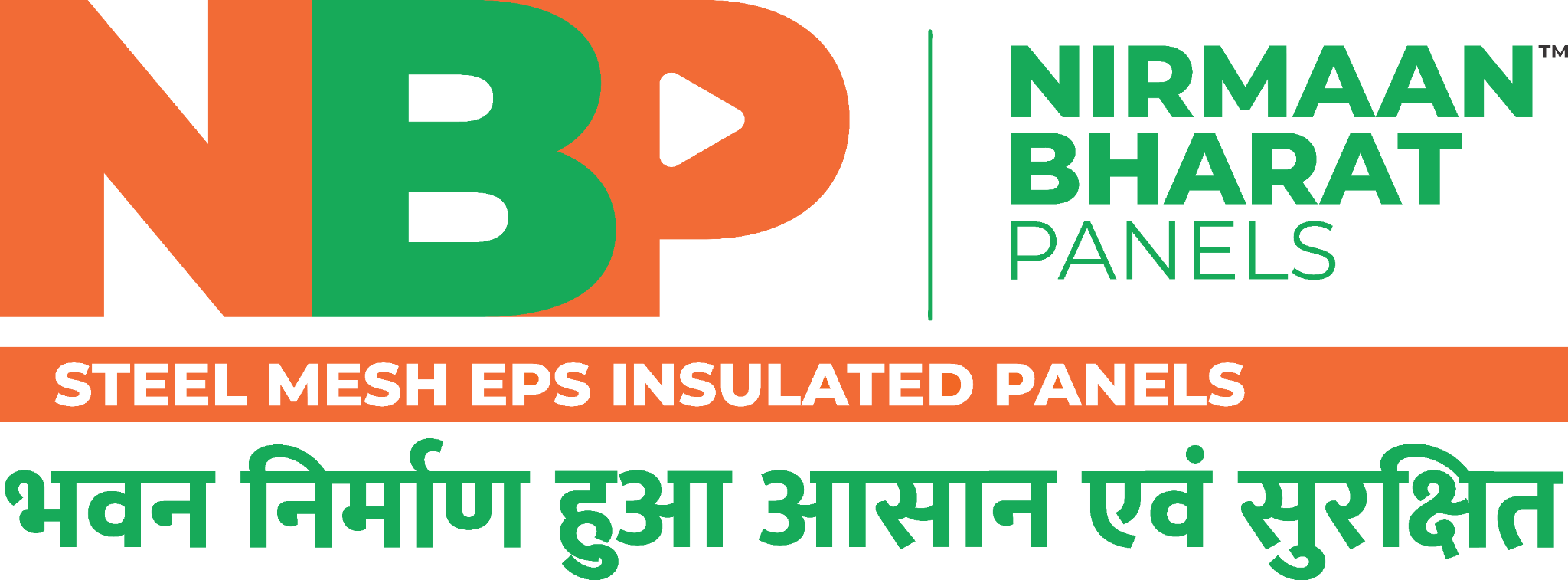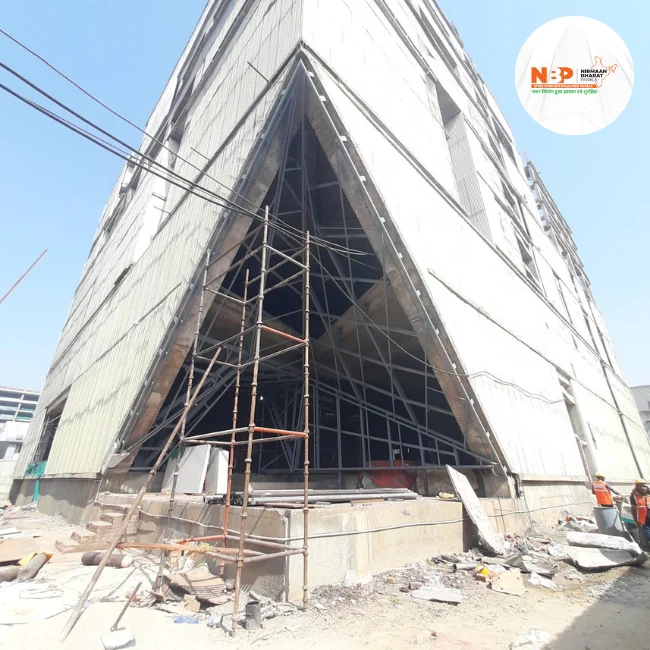In recent years, the construction industry in India has witnessed a remarkable transformation, driven by innovative technologies and sustainable practices. One such revolutionary advancement is the widespread adoption of Expanded Polystyrene (EPS) panels. These lightweight, versatile building materials are reshaping the landscape of construction, offering unprecedented efficiency, durability, and environmental sustainability.
Table of Contents
ToggleImportance of Construction Revolutionizing
Advantages of EPS Panels in Construction
EPS panels offer a multitude of advantages over traditional construction materials. Their lightweight nature facilitates ease of handling and installation, significantly reducing construction time and labor costs. Moreover, EPS panels boast superior thermal insulation properties, enhancing energy efficiency and reducing long-term operational expenses for building owners.
Understanding EPS Panels
Composition and Structure of EPS Panels
EPS panels are composed of expanded polystyrene foam encased within structural facings, typically made of steel or fiberglass. This sandwich-like structure provides exceptional strength-to-weight ratio, making EPS panels ideal for both load-bearing and non-load-bearing applications in construction.
Application in Indian Construction Sector
Current Usage and Market Trends
In India, EPS panels are increasingly being utilized across diverse construction projects, ranging from residential buildings to commercial complexes and industrial facilities. The growing demand for sustainable construction solutions, coupled with government initiatives promoting eco-friendly building practices, has propelled the adoption of EPS panels in the Indian market.
Benefits in Indian Context
Economic, Environmental, and Technological Benefits
The widespread adoption of EPS panels in India offers significant economic, environmental, and technological benefits. From a economic standpoint, EPS panels contribute to cost savings through reduced material wastage, accelerated construction timelines, and lower maintenance requirements. Environmentally, EPS panels minimize the carbon footprint of buildings by enhancing energy efficiency and reducing overall resource consumption. Moreover, the integration of EPS panels with advanced construction technologies enhances the resilience and longevity of structures, ensuring sustainable development for future generations.
Challenges and Solutions
Addressing Concerns and Overcoming Limitations
Despite their numerous advantages, EPS panels are not without challenges. Concerns regarding fire safety, structural integrity, and recyclability have been raised by critics. However, ongoing research and development initiatives are focused on addressing these concerns through the development of fire-resistant coatings, enhanced structural design, and improved recycling processes. By addressing these challenges head-on, the widespread adoption of EPS panels can be further facilitated, unlocking their full potential in revolutionizing the construction industry.
Future Prospects
Growth Potential and Emerging Technologies
The future of EPS panels in India looks promising, with significant growth potential and emerging technologies on the horizon. As the demand for sustainable construction solutions continues to rise, EPS panels are poised to play a pivotal role in shaping the future of the Indian construction industry. Innovations such as self-healing concrete, 3D printing, and smart building technologies are expected to further enhance the performance and versatility of EPS panels, driving continuous innovation and growth in the sector.
Case Studies
Successful Implementations in Indian Construction Projects
Several notable case studies highlight the successful implementation of EPS panels in Indian construction projects. From affordable housing initiatives to large-scale infrastructure developments, EPS panels have demonstrated their effectiveness in delivering high-quality, cost-effective, and sustainable solutions. These case studies serve as compelling examples of the transformative impact of EPS panels on the Indian construction landscape.
Expert Insights
Perspectives from Industry Experts
Industry experts recognize the significant potential of EPS panels in revolutionizing the construction industry in India. According to leading architects, engineers, and sustainability experts, EPS panels offer unparalleled versatility, efficiency, and sustainability, making them indispensable in modern construction projects. Their endorsement underscores the importance of embracing innovative technologies to address the evolving needs of the construction sector and achieve sustainable development goals.
Conclusion
In conclusion, the widespread adoption of EPS panels is revolutionizing the construction industry in India, offering sustainable, cost-effective, and efficient solutions to address the challenges of urbanization, climate change, and resource scarcity. By harnessing the power of EPS panels and embracing innovative construction practices, India can pave the way for a greener, smarter, and more resilient future.
FAQs
- Are EPS panels suitable for all types of construction projects? EPS panels are highly versatile and can be customized to suit various construction applications, including residential, commercial, and industrial projects.
- Do EPS panels require special maintenance? EPS panels require minimal maintenance due to their durable and weather-resistant properties. Regular inspections and cleaning are recommended to ensure optimal performance and longevity.
- Are EPS panels environmentally friendly? Yes, EPS panels are environmentally friendly as they are made from recyclable materials and contribute to energy savings through enhanced insulation properties.
- Can EPS panels withstand extreme weather conditions? EPS panels are engineered to withstand a wide range of weather conditions, including high winds, heavy rainfall, and extreme temperatures, making them suitable for diverse geographical regions.
- How do EPS panels compare to traditional construction materials in terms of cost? While the initial cost of EPS panels may be slightly higher than traditional materials, their long-term benefits, such as reduced energy consumption and maintenance costs, result in significant cost savings over the lifespan of a building.
- Are EPS panels fire-resistant? EPS panels can be manufactured with fire-resistant coatings to enhance their fire safety properties. Additionally, proper installation and adherence to building codes and regulations are essential to ensure fire safety compliance.



